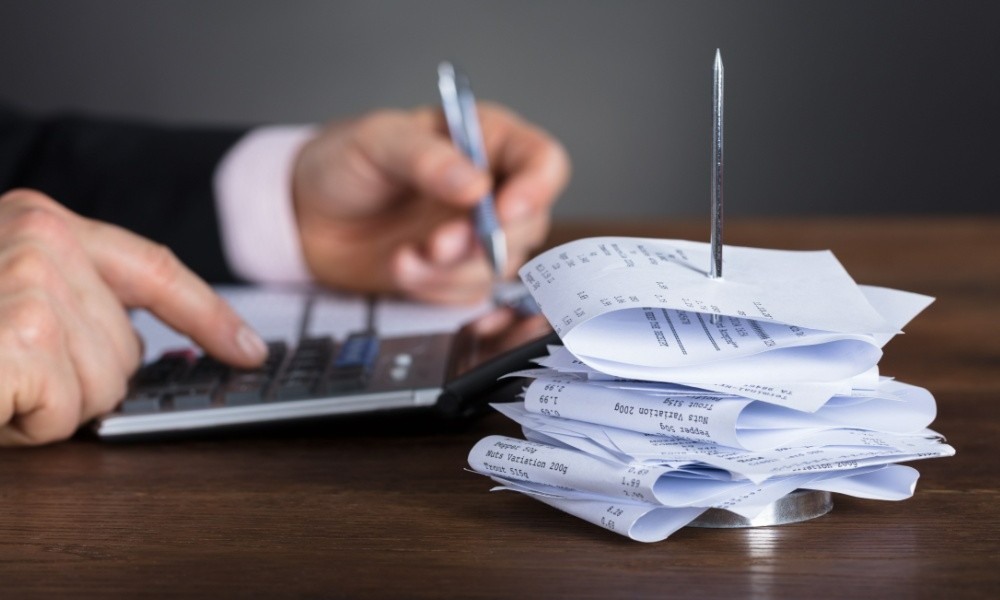Despite the tax agency’s ambitions to move everything to digital platforms, HMRC is reverting back to paper-based forms for employees claiming employment expenses. This switch from online submission is an attempt to reduce fraudulent expenses claims.
It’s suggested that businesses are claiming expenses with little or no business relevance as they try to offset increasing tax burdens, and tax refund companies have also been known to misuse the expenses claim system to obtain higher repayments.
With this move from digital to paper claims by HMRC, it seems that some employees have been adopting a similar approach to misusing the system for ineligible expenses.
Here’s what you should know about how to claim employment expenses appropriately.
Using Form P87 to claim job expenses
If their employer has not reimbursed them, then employees can claim tax relief for employment expenses through PAYE. However, from 14th October 2024, employees must complete the P87 paper form and post it to HMRC with evidence to support their claim.
Appropriate evidence for a job expenses claim could include the following:
- Receipts for professional subscriptions showing how much was paid
- A mileage log copy noting reasons and distances for each journey for mileage allowance
- Copies of hotel or restaurant receipts for subsistence expenses
- Proof of requirement to work from home (e.g. an employment contract)
Despite this change for the above expenses, claims for flat rate expenses like uniforms or work clothing and equipment can still be submitted online. According to HMRC, the digital claim option should be available again for all expense claims from April 2025.
Claiming expenses through self-assessment
An alternative method to claiming through PAYE with the P87 form is to claim work expenses by submitting a Self-Assessment Tax Return online. This is the only route permitted if your employment expenses are more than £2,500 for that tax year.
Initially, there is no requirement to supply evidence when claiming this way, but HMRC will be extending compliance checks and may request more information to confirm eligibility.
The process for submitting Self-Assessment Tax Returns will otherwise remain the same.
Expenses that self-employed people can claim tax reductions for include work-related financial, travel, clothing, office, staff, stock, marketing, and training costs.
Get help with claiming employment expenses
HMRC’s guidance on claiming employment expenses for tax relief is available online.
The tax agency’s aim is to help people pay their taxes correctly the first time, rather than expending more resources on rectifying issues later. Individuals can ensure they comply by submitting forms and evidence as accurately as possible.
It can help to outsource your forms to a tax consultant, who will already be familiar with filing expenses both by post and online. For example, our accountants in Barnsley can assist with all manner of accounts, tax, and HMRC services and queries.
To find out more about employment taxes and reliefs, call the gbac team on 01226 298 298, or email us at info@gbac.co.uk and we’ll be in touch shortly to discuss your enquiry.
